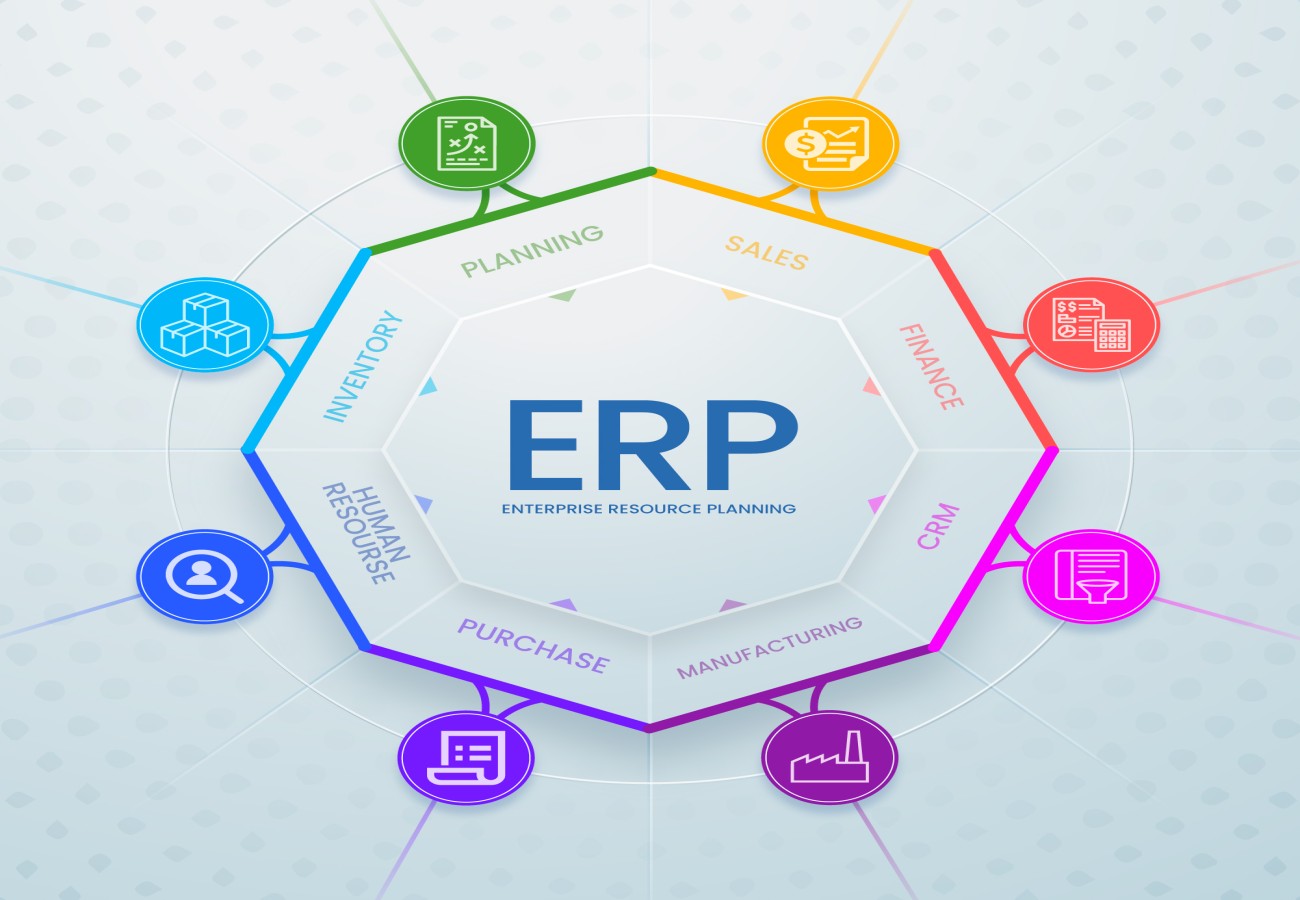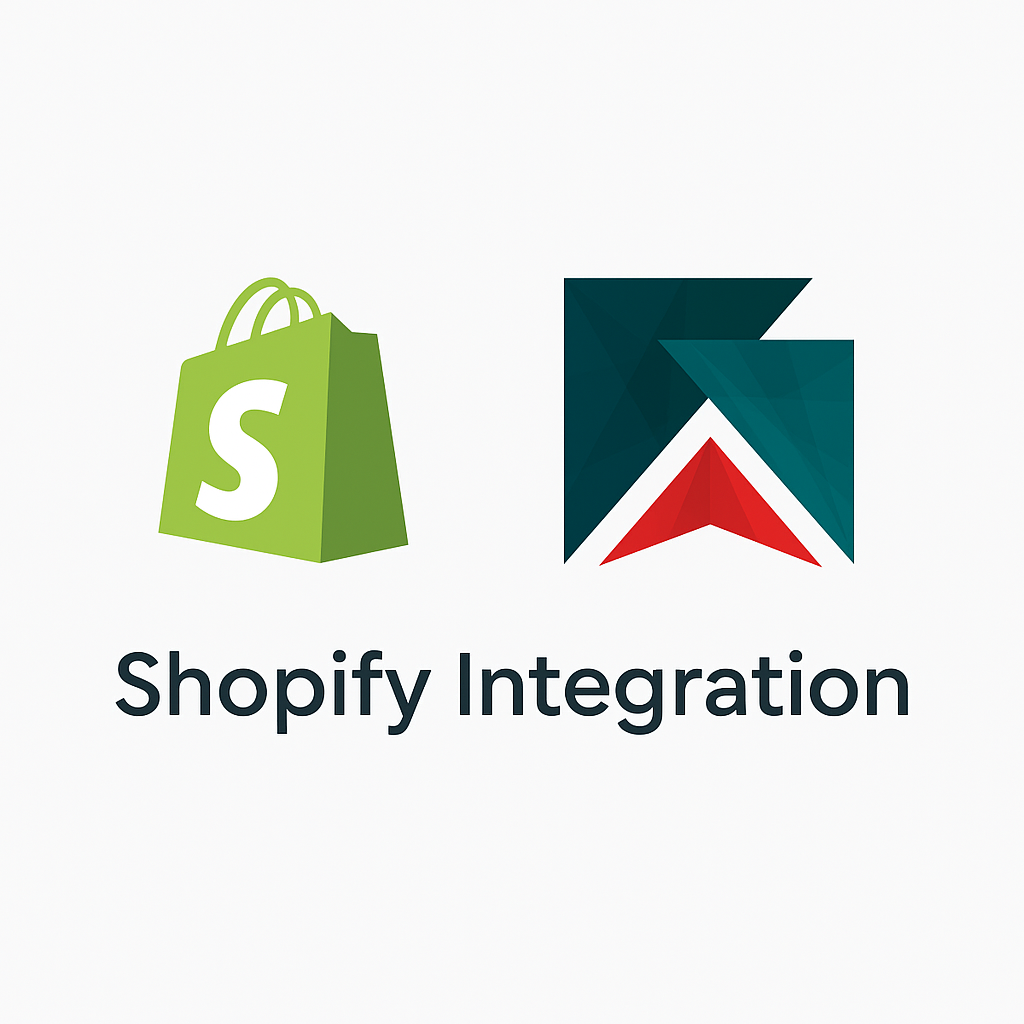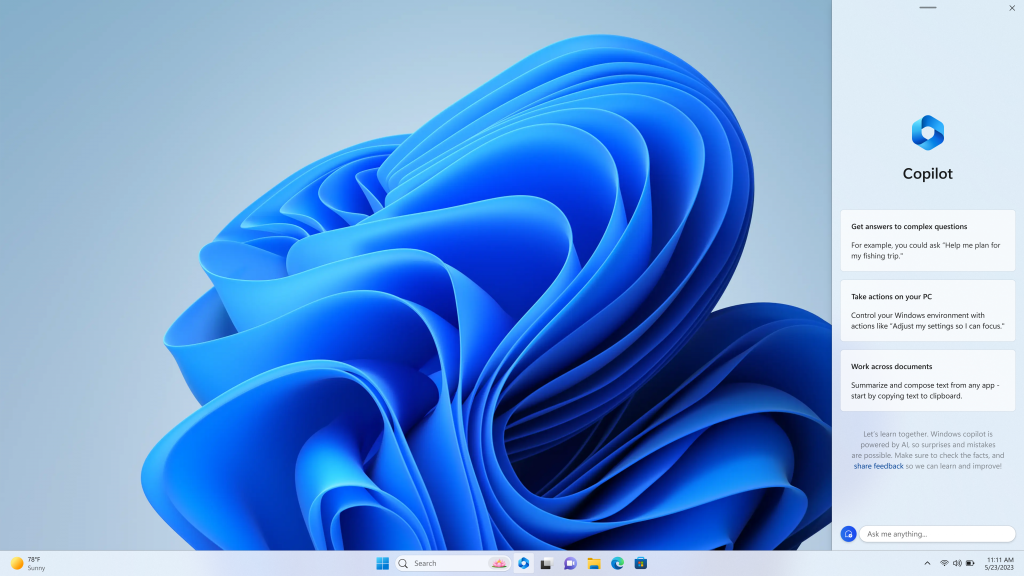ERP technology is a key instrument in the achievement of company sustainability goals, as noted by Axelor, a pioneer in low-code ERP solutions. The need for organizations to integrate sustainable practices has grown as they attempt to manage the intricacies of a changing industry. The insights provided by Axelor highlight how ERP systems can help businesses make major progress toward becoming greener.
ERP technology's signature feature, the automation of repetitive operations, is essential to this transition. Energy use is naturally decreased by optimizing processes and reducing dependency on human resources. This effectiveness extends to advanced planning systems that maximize resource usage and minimize disruptions by optimizing manufacturing processes.
ERP systems also improve supply chain visibility, allowing companies to identify inefficiencies in shipping routes and cut down on needless transit. Efficient inventory control reduces energy consumption even further by avoiding overstocking and unnecessary product transportation.
ERP technologies enable firms to keep a close eye on energy consumption thanks to the real-time data they provide. Because of this transparency, specific tactics can be used to further improve sustainability efforts and decision-making may be done with knowledge.
Low-code ERP platforms, according to Axelor, are crucial in hastening these developments. Through the utilization of citizen developers, enterprises can reduce the workload on IT professionals and concentrate on more effectively implementing eco-friendly solutions.
Businesses are increasingly prioritizing sustainability, and integrating ERP technology helps them achieve real environmental benefits. The strategy used by Axelor demonstrates how utilizing ERP skills might create an eco-friendly future.
Importance of ERP Software Use in Saudi Arabia
ERP software plays a crucial role in Saudi Arabia's evolving economy and industrial growth, particularly in alignment with Saudi Vision 2030—the nation’s strategic plan to diversify its economy and reduce dependence on oil revenues. Here are key areas where ERP systems add value in Saudi Arabia:
- * ERP software helps organizations across industries streamline operations, optimize resource
- management, and improve productivity.
- * It enables businesses to meet the strategic goals of Vision 2030, such as enhancing non-oil
- industries like manufacturing, logistics, healthcare, and tourism.
- 2.Improving Industrial Efficiency
- * Saudi Arabia’s focus on becoming a regional industrial hub necessitates efficient manufacturing
- processes.
- * ERP systems automate production planning, inventory control, and procurement, helping
- industries achieve higher operational efficiency with minimal resource wastage.
- 3.Enhancing Supply Chain Management
- * With Saudi Arabia’s position as a key logistics and trade hub, ERP solutions improve supply
- chain visibility, optimize shipping routes, and minimize transportation inefficiencies.
- * Businesses can seamlessly manage imports, exports, and local distribution while reducing
- costs and improving delivery timelines.
- 4.Facilitating Digital Transformation
- * The adoption of ERP software accelerates digital transformation across government and private
- sectors.
- * Industries like construction, healthcare, and education benefit from ERP-driven automation and
- data management to improve performance and scalability.
- 5.Enabling Sustainability and Eco-Friendly Operations
- * ERP solutions align with Saudi Arabia’s growing focus on sustainability and environmental
- conservation.
- * By optimizing processes, reducing energy consumption, and managing resources efficiently,
- ERP technology supports businesses in meeting eco-friendly goals.
- 6.Empowering SMEs and Large Enterprises
- * ERP software provides scalable solutions for both small and medium enterprises (SMEs) and
- large corporations, enabling them to compete effectively in the global market.
- * Low-code ERP platforms like Axelor empower businesses to quickly customize solutions
- without significant IT overhead.
- 7.Enhancing Compliance and Governance
- * ERP systems ensure businesses comply with Saudi Arabia’s evolving regulatory landscape,
- including tax regulations like VAT (Value Added Tax) and financial reporting standards.
- * The software automates governance processes, minimizing errors and improving transparency.
- 8.Improving Workforce Productivity
- * Automation of repetitive tasks through ERP systems reduces manual effort, enabling
- employees to focus on more strategic, value-driven activities.
- * With real-time insights and analytics, businesses can make informed decisions to enhance
- productivity and profitability.
- 9.Supporting Smart Cities and Infrastructure Projects
- * Saudi Arabia’s investments in smart city projects like NEOM and infrastructure development
- require robust ERP solutions to manage large-scale construction, planning,and resource
- allocation efficiently.
Conclusion
The implementation of ERP software in Saudi Arabia is vital for achieving operational excellence, digital transformation, and sustainability. By supporting key initiatives such as Vision 2030, ERP systems empower businesses to innovate, optimize resources, and contribute to a greener, more competitive economy. Platforms like Axelor highlight the potential of low-code ERP solutions in helping Saudi organizations streamline operations, drive growth, and achieve long-term success.








